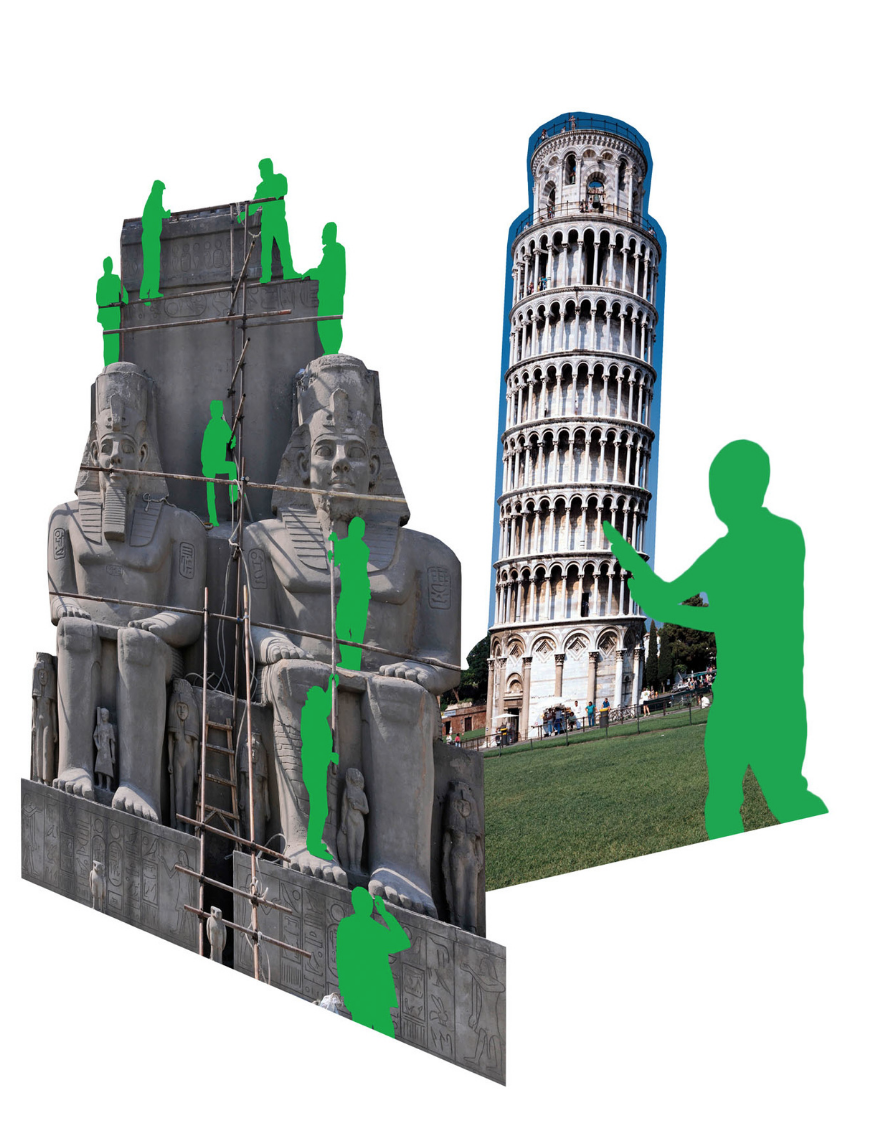
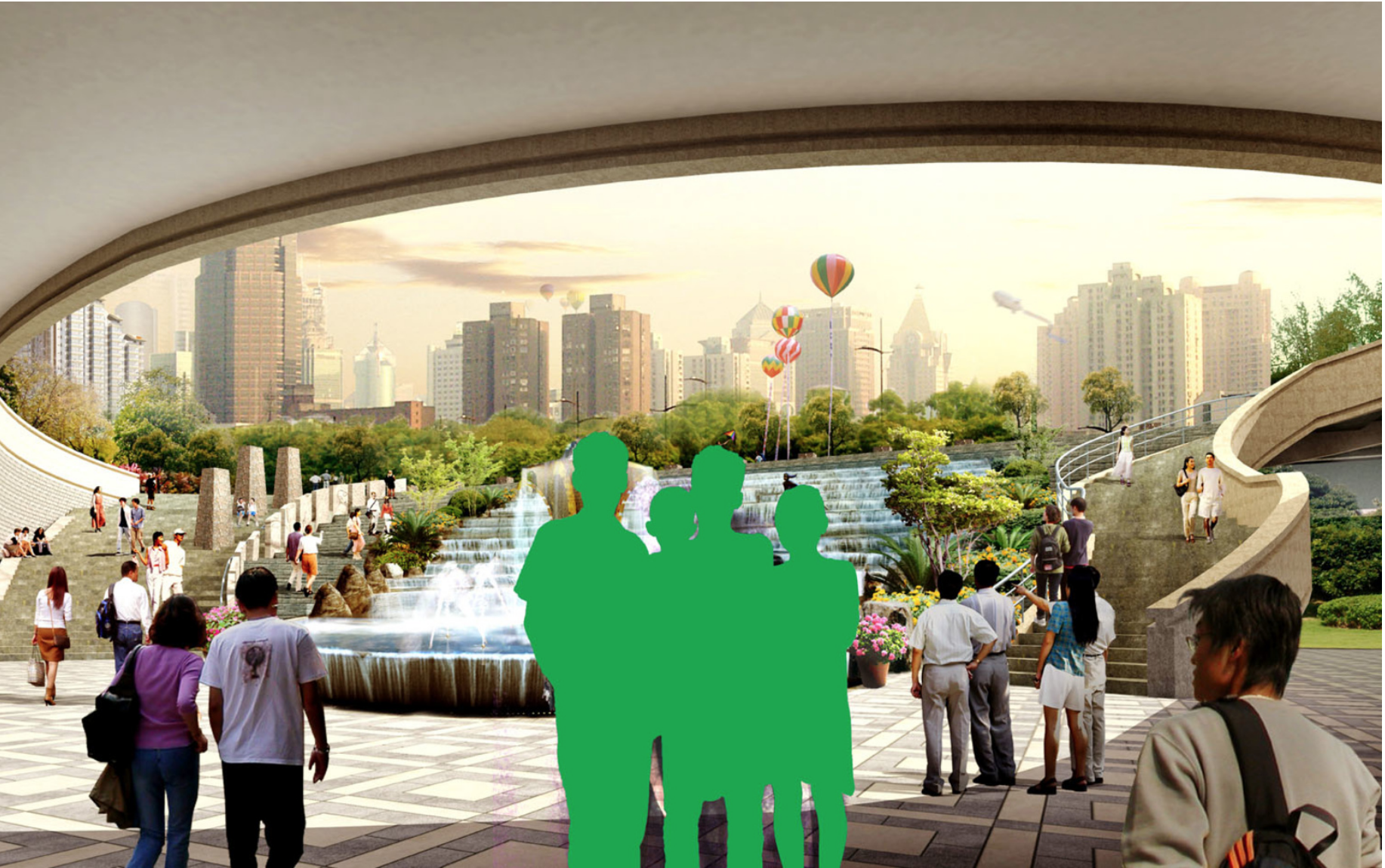
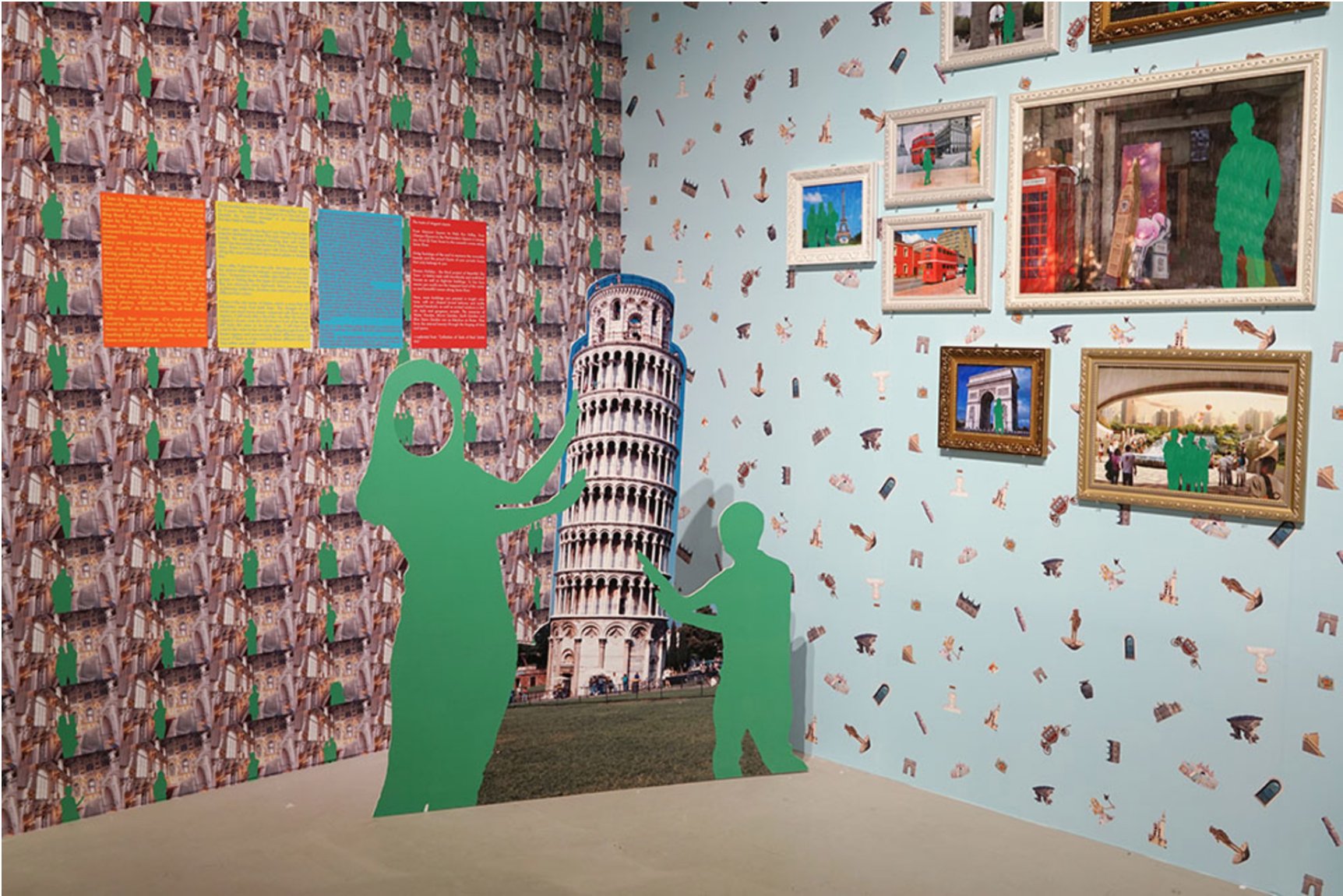
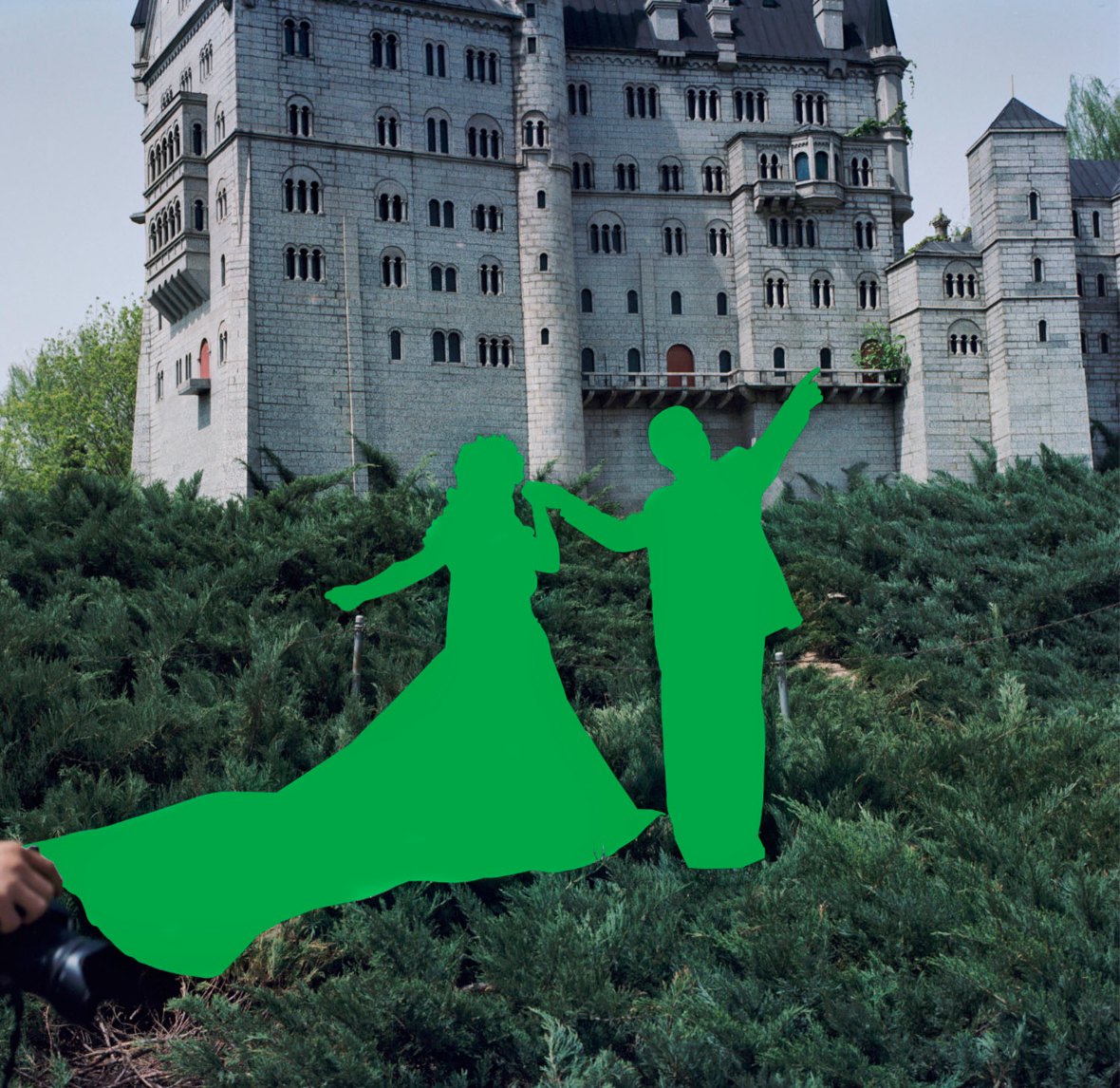
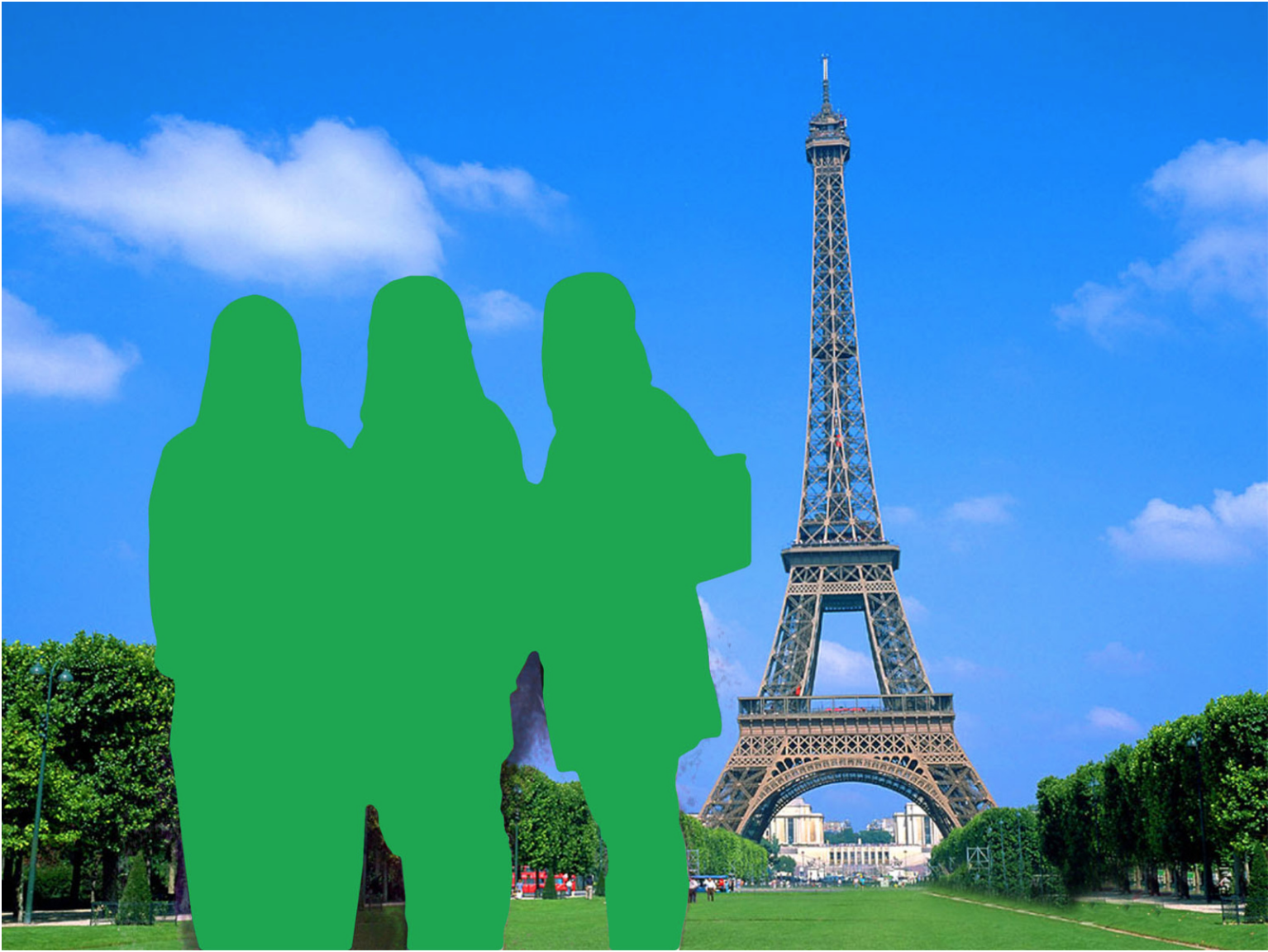
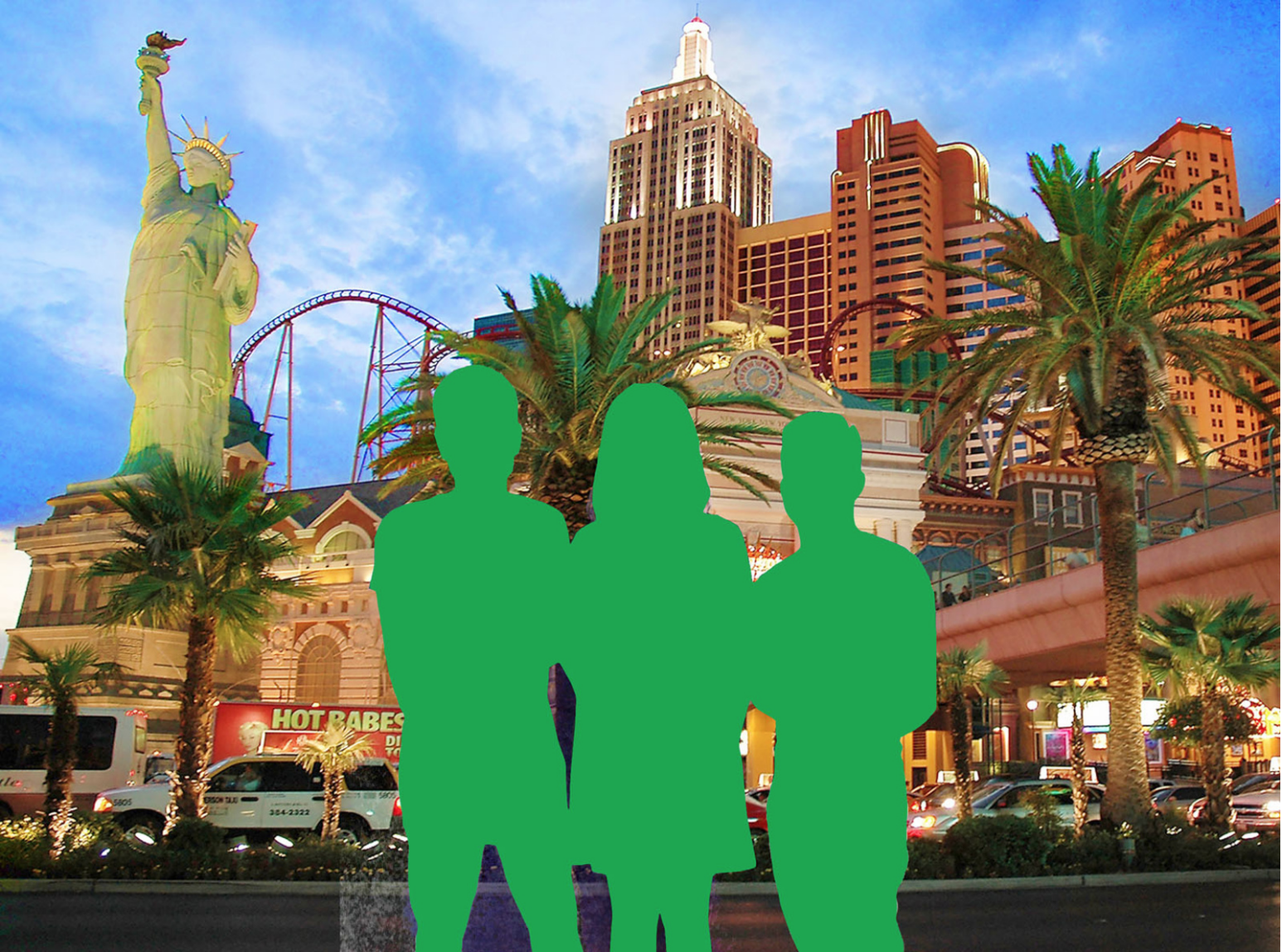
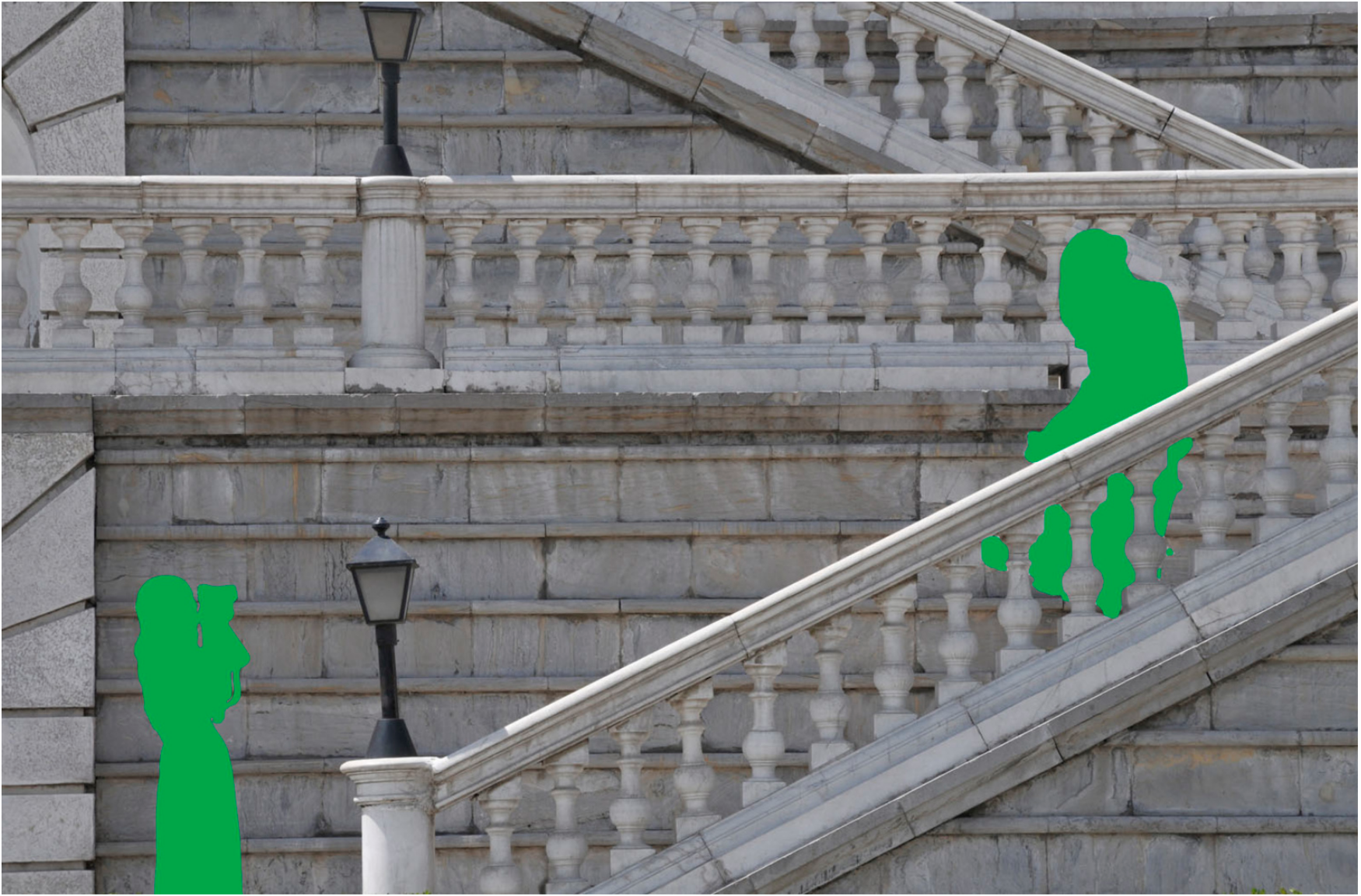
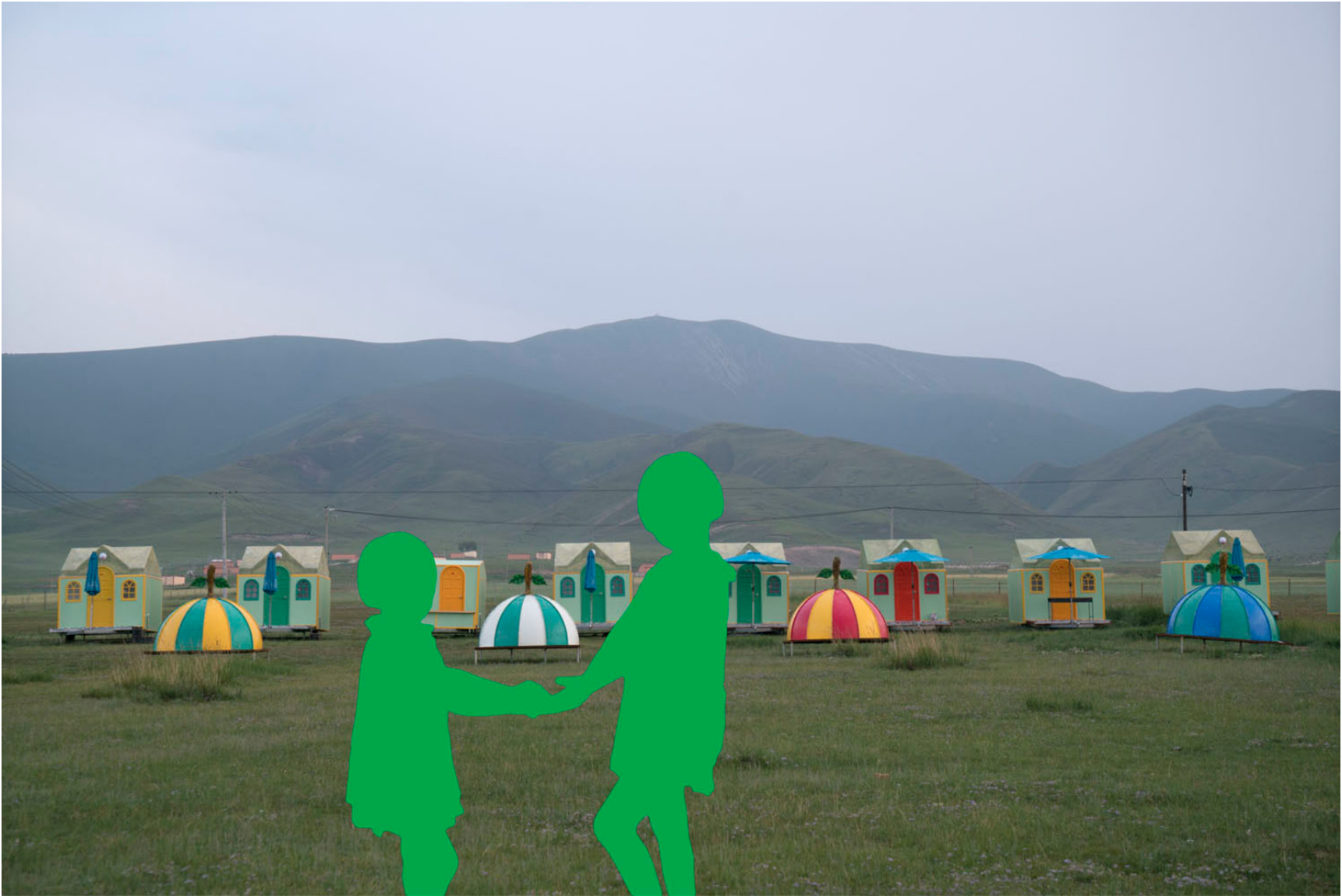
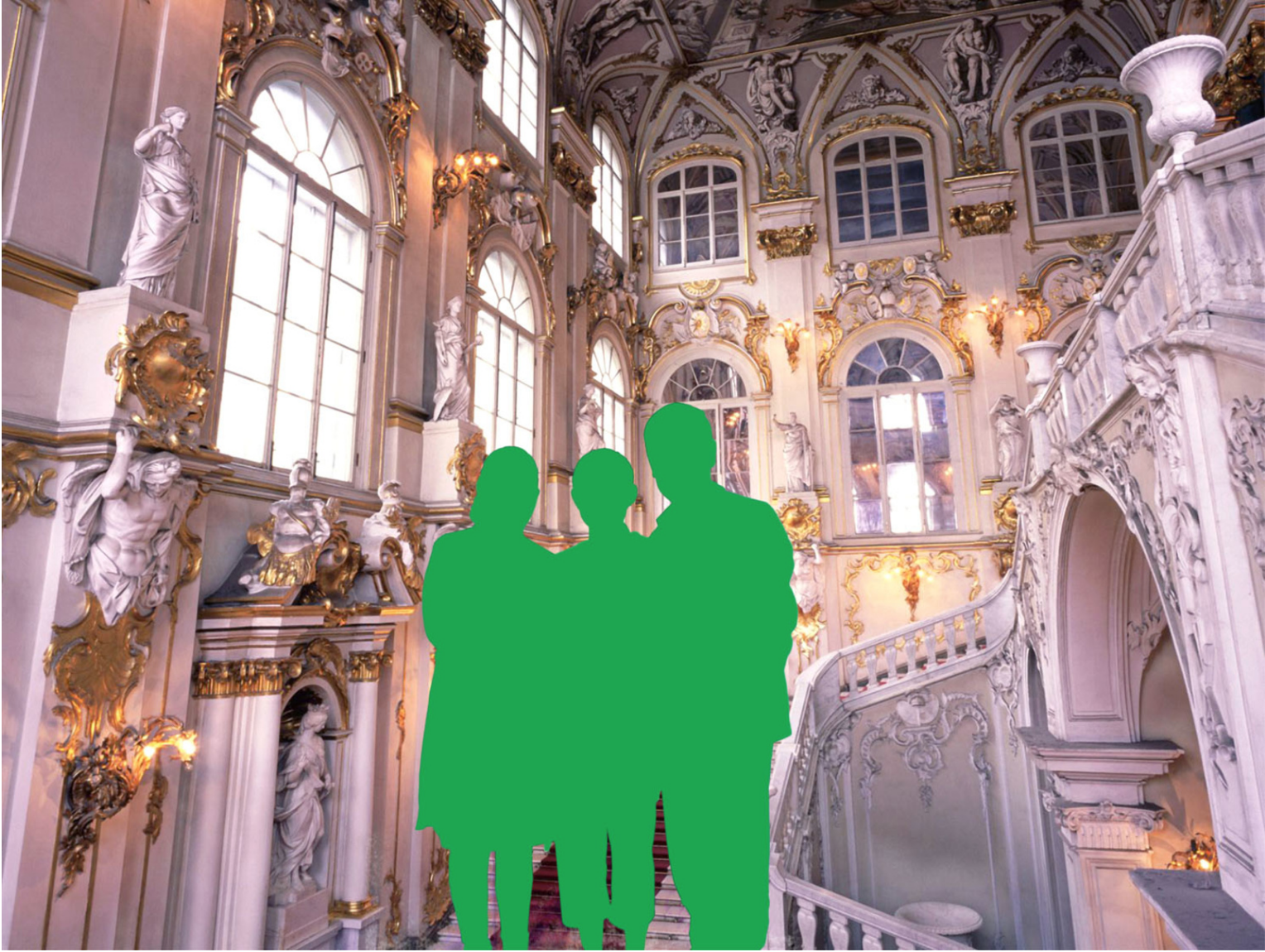
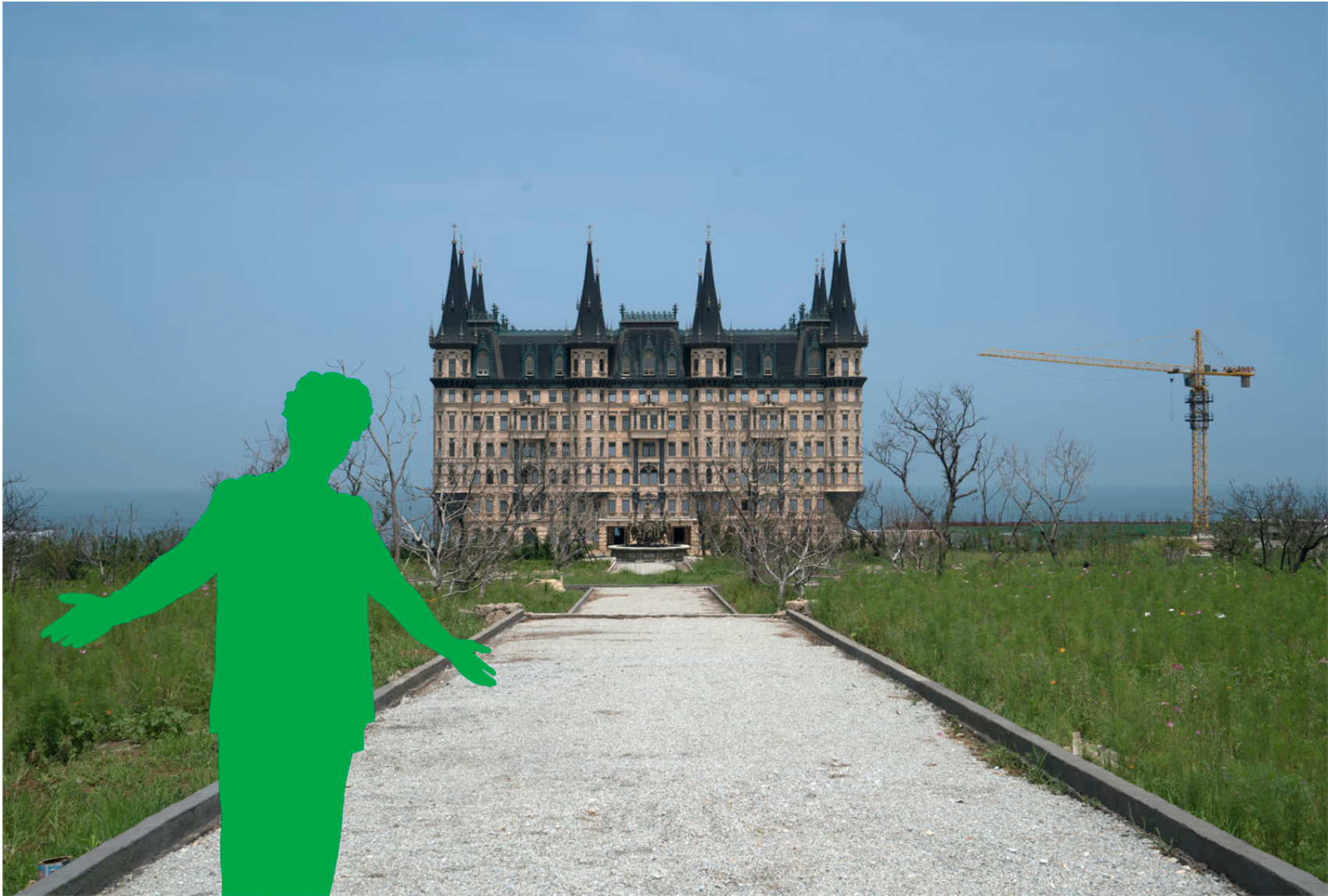
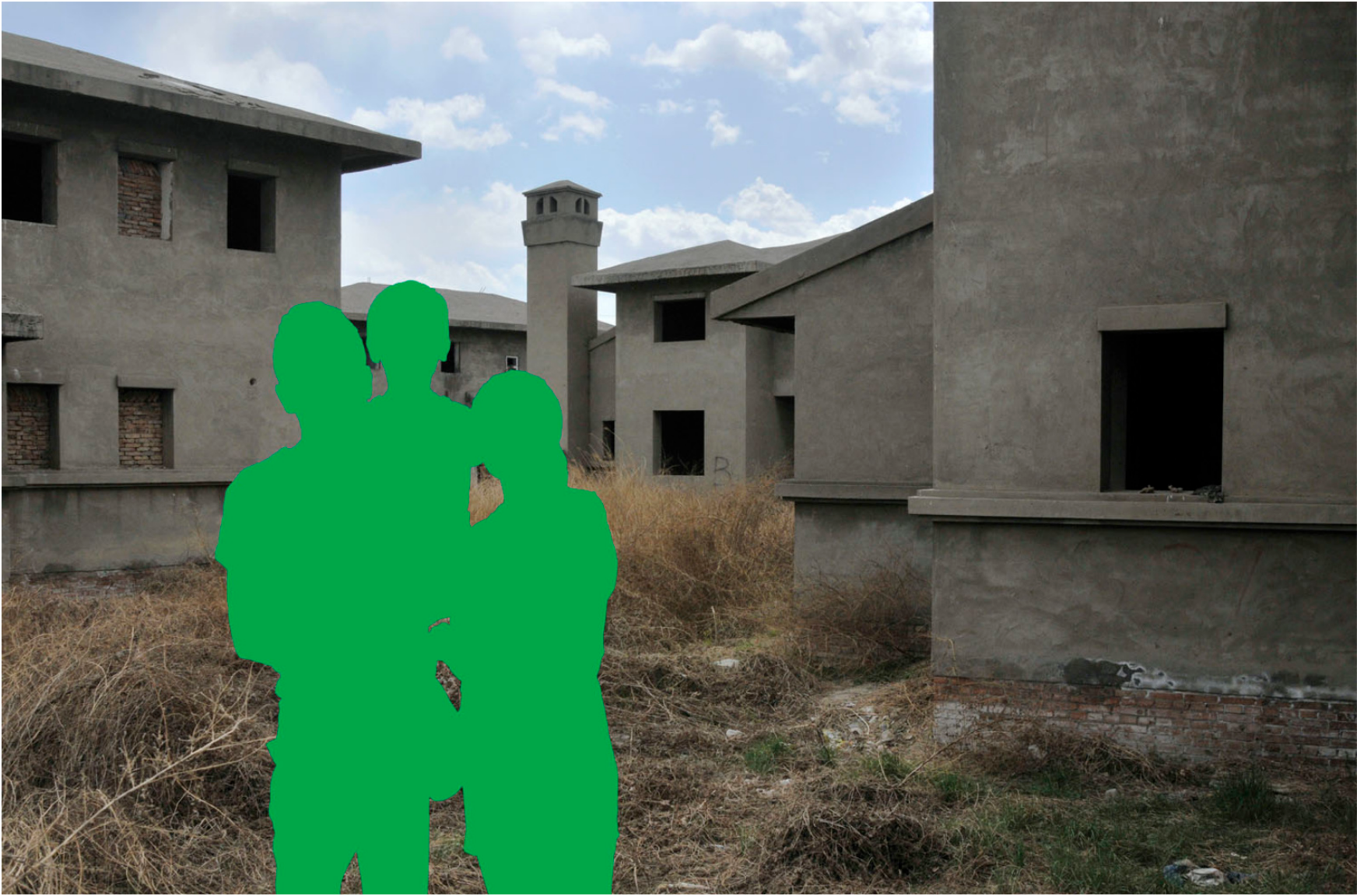
Miniature versions of the Eiffel tower, exotic-looking restaurants, amusement parks with plastic palm trees: Yang Yuanyuan (b. 1989, China) photographs the many ways in which people try to imagine themselves elsewhere. In her apartment in east Beijing she sits down to talk with GUP about fake landscapes, the relationships between people and places, and how certain cities can make us more creative.
In your series ‘Blue Window, Two Roses’ people pose in front of fake scenes. What is going on in these images?
This series was inspired by a photo booth where people can choose a scene they want their photo to be projected onto: a castle, a beautiful park, in front of the Eiffel Tower, etcetera. I’m intrigued by the fact that many people around the world want to imagine themselves in European cities. I myself find it pretty disorienting that cities try to look more and more like another city in the world. For example, there’s a park in Beijing with miniature versions of the Eiffel Tower and the Arc de Triomphe, and in the shopping mall close to my house there is a large image of a London double-decker bus and the Eiffel Tower together in the same scene to give the shopping centre an international feel. I photographed the places that I encountered myself, and I mixed them with scenes from the photo booth. I want the viewer to be disorientated too: when you look at the image you don’t know what kind of fake you’re looking at – is it a constructed image from the photo booth, or is it a real photo of a fake landscape?
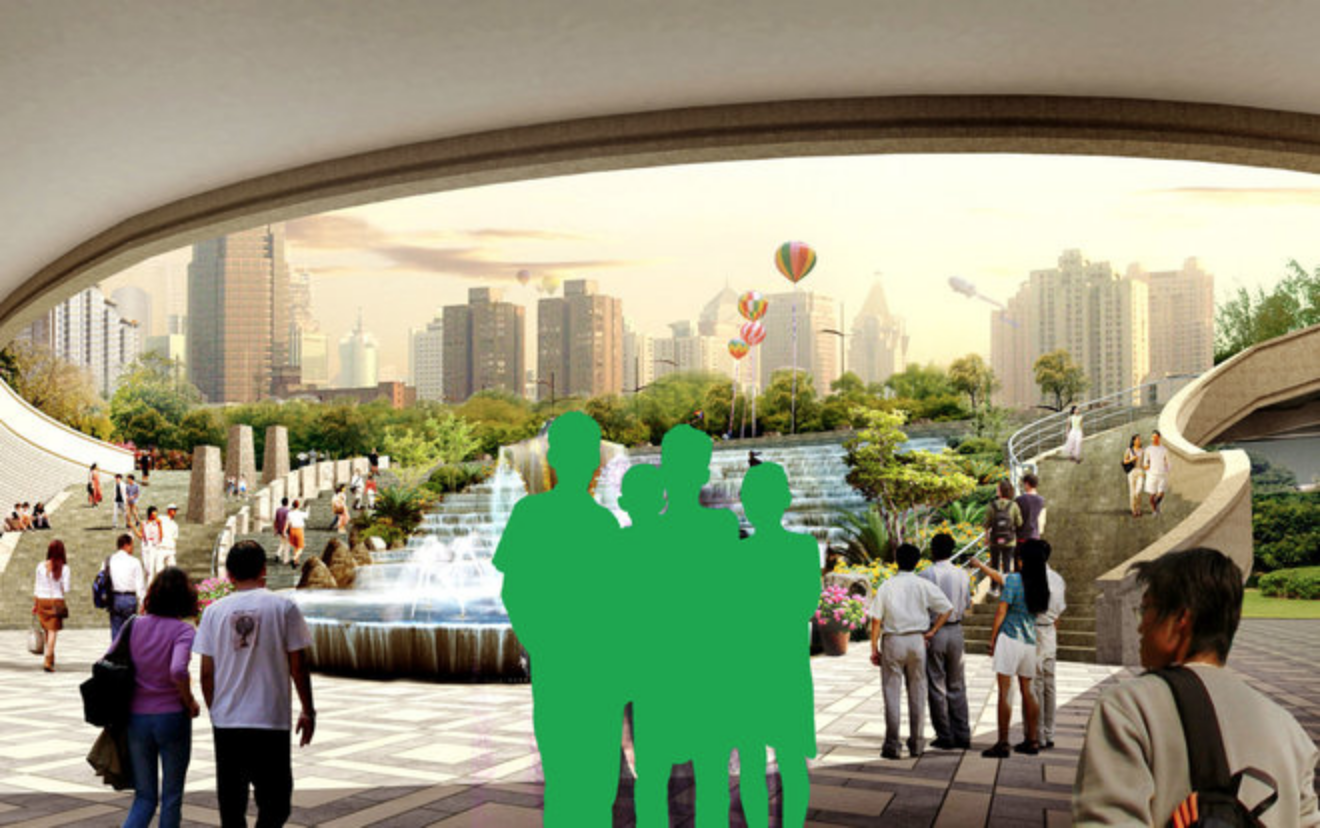
You’ve said before that, even though you hate the fakeness of these places, you also feel love for them. How so?
I often think about how shopping malls are going to be the most important memories of this generation. Kids will remember meeting friends in the shopping mall, they’ll probably even remember their first kiss there. Shopping malls are being built everywhere in the world, but in China I feel like it’s getting out of hand. Ten years ago, we still had street markets in Beijing, now they’re forbidden. Small bars are being replaced by chain restaurants, and the streets are becoming lifeless. The ironic thing is that I myself grew up in shopping malls and in amusement parks. So even though I’m critical of these places, they formed me and I have great memories of them.
“I find it pretty disorienting that cities try to look more and more like another city in the world”
Tell us about the installation you made to exhibit your series.
There is an actual photo machine in the exhibition space, so the visitor can take his or her picture. It’s a cheesy scene: everything in the room is like a cheap photo saloon.
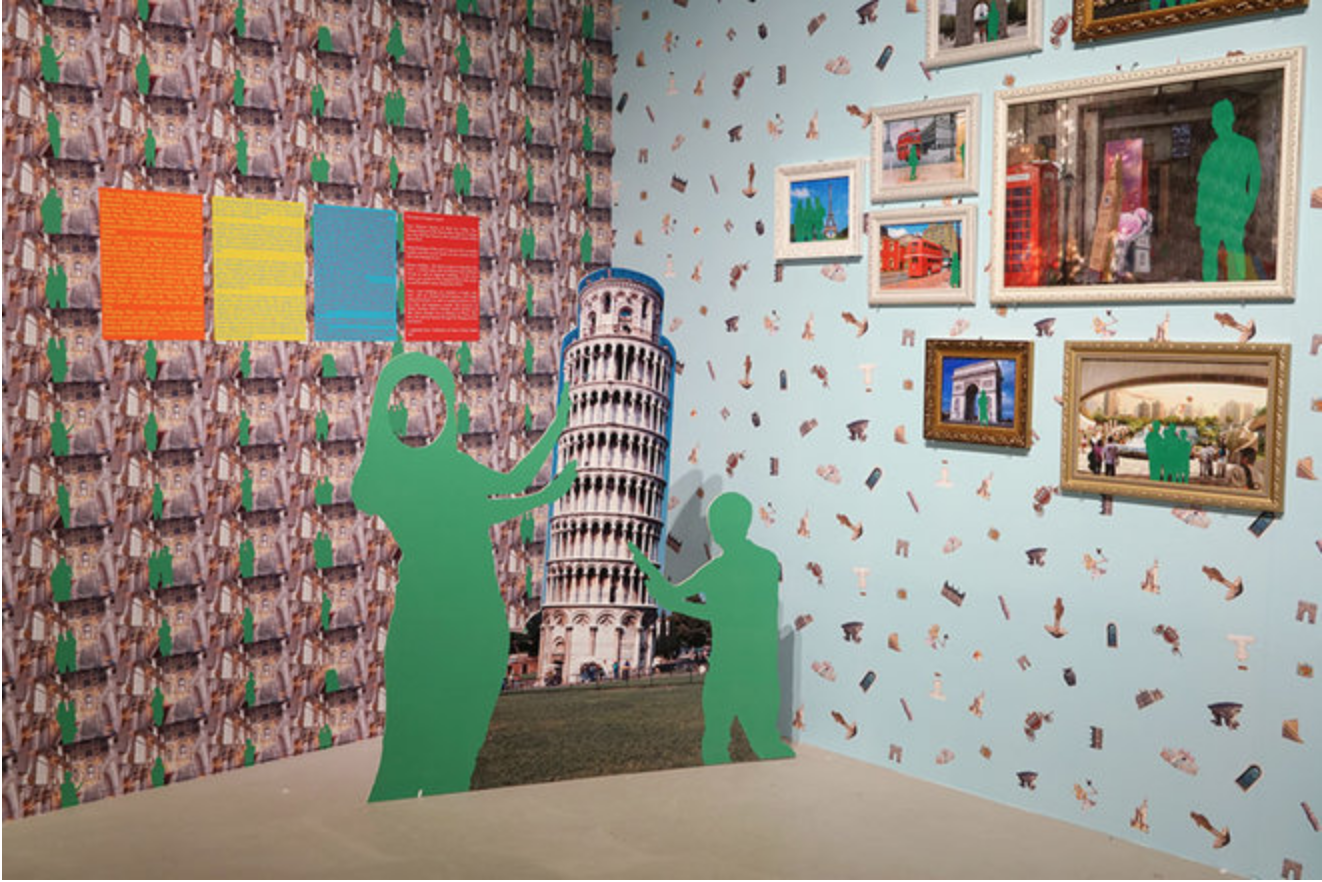
The advantage of working with an installation is that you can fit multiple media in it, which to me feels like a natural way to tell a story. Our brains never follow a singular line, or at least my brain doesn’t! We are distracted easily, and I think an art project should take that into account. Most people are impatient when they visit a gallery: they’re inside for ten minutes, then they leave. So you have to find ways to access the viewer within those ten minutes. I try to seduce them to go for quick action, and to experience the photo booth themselves. If they’re intrigued, they can see more of my images, and read the texts, but if they only have ten minutes they shouldn’t feel like they didn’t get what it was all about. They should have had a good time, too.
“My city has taught me something very important: to be creative under any circumstance”
In all your work, cities play a central role and you’ve described the city as something that’s alive. Why?
Around 2005, I was in boarding school, and I didn’t have much access to society, but on the weekends I walked around the city with a cheap camera. I saw that many of the hutongs [typical Beijing side alleys] had gone. They were all replaced by new buildings. I started thinking: what the hell is happening? It was a big shock that so many places that felt like Beijing to me, had disappeared. While I was still in the same city, it had transformed so much that I hardly recognised it. I realised that this change itself is a characteristic of my city. Since places are being destroyed all the time, Beijing people have become very good at moving on. I feel like my city has taught me something very important: to be creative under any circumstance.
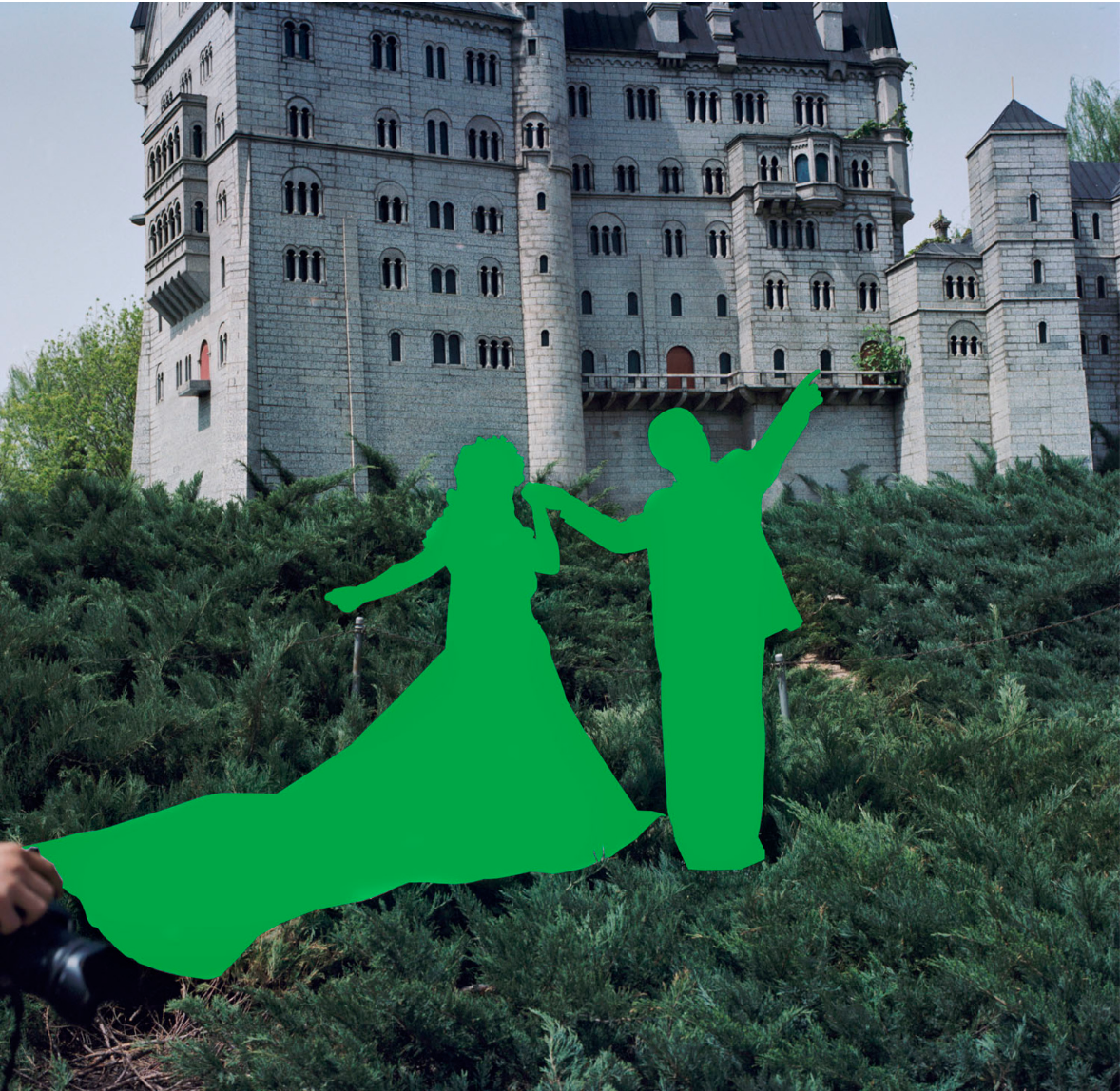
The Functions of Fake: An Interview with Yang Yuanyuan was featured in GUP #54, The Playful issue.